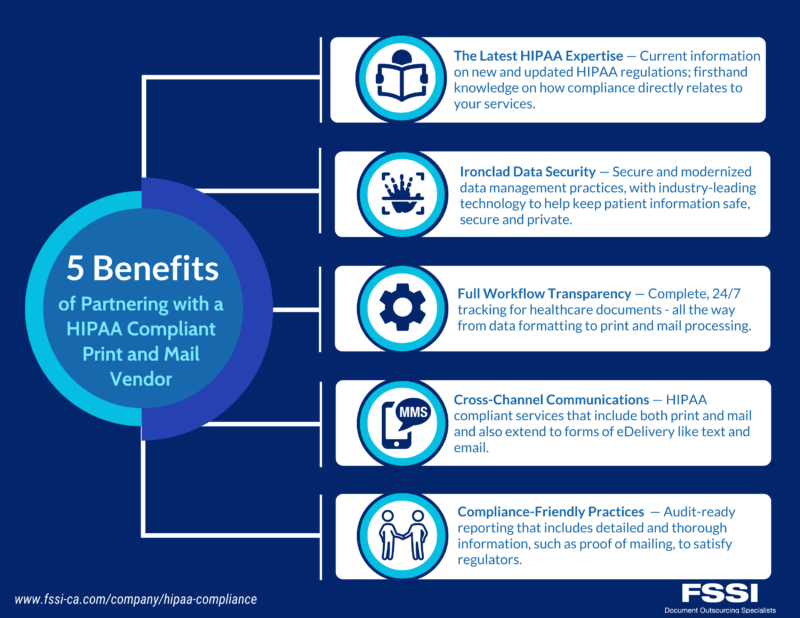

Ensuring data stays private is the right thing to do, but it’s also the law, and violating HIPAA can lead to serious legal complications.

The platform integrates with Zoom to offer HIPAA compliant transcription services for virtual depositions and other conference calls requiring this security level. Transcription solutions, including Verbit’s, implement robust encryption standards to protect sensitive data. When discussing medical information, whether with a patient, other providers or in a deposition, using a HIPAA compliant transcription provider is one of the most critical factors.
LIST OF EMAIL PROVIDERS WHO ARE HIPAA COMPLIANT HOW TO
Professionals handling protected information need to learn how to ensure they are protecting patient information. Knowing when HIPAA applies is only part of the challenge. In these cases, students and educators must also ensure that transcriptions comply with HIPAA. Students in medical school or studying to become mental health professionals may use patient files as a part of their training. However, the deposition transcripts, which are vital for the attorneys, need to comply with HIPAA, beginning from when the court reporter takes the initial recording through the sharing of any of those files. The convenience and cost-savings make this format appealing for lawyers, court reporters and others involved in litigation. While the number of remote depositions jumped to 90% at the height of lockdowns, current projections indicate that around 50% will remain that way indefinitely. Like telehealthcare, virtual depositions increased during the pandemic. Hospital records, doctors’ opinions and other medical information will be critical to their case- but it’s also private and protected by HIPAA.ĭepositions frequently include medical testimony and records, so legal transcripts need to comply with HIPAA. When people file a lawsuit related to injuries or trauma, they must prove their damages through medical evidence. Telehealth is popular for its convenience, but it’s important to ensure that the move to online appointments does not lead to a loss of patient privacy protections. Although that number has leveled off, it’s still far higher than before COVID-19’s widespread lockdowns, and many experts believe that the trend will persist well into the future. This requirement applies to physical medical care as well as therapy and mental health services.ĭuring the early days of the pandemic, telehealthcare appointments spiked by 154%. If a doctor is transcribing a conversation with a patient, they must ensure HIPAA protections for that information. Sometimes the need for HIPAA compliance is obvious, but there are other cases where the requirement to protect information might be less apparent. Transcripts often contain medical information, especially now that many doctors’ appointments, courses and depositions are taking place virtually. When does HIPAA Compliant Transcription Matter? Any entities that use transcripts with HIPAA protected patient information should ensure that they provide adequate security and that their transcription providers do as well.

As a company that handles data subject to HIPAA protections, Verbit takes this obligation seriously and maintains compliance. HIPAA protections extend to transcription service providers when transcripts include medical information. The US federal statute dates back to 1996, and details standards that prevent the spread of private data without a patient’s consent. The Health Insurance Portability and Accountability Act (HIPAA) protects sensitive medical information.


 0 kommentar(er)
0 kommentar(er)
